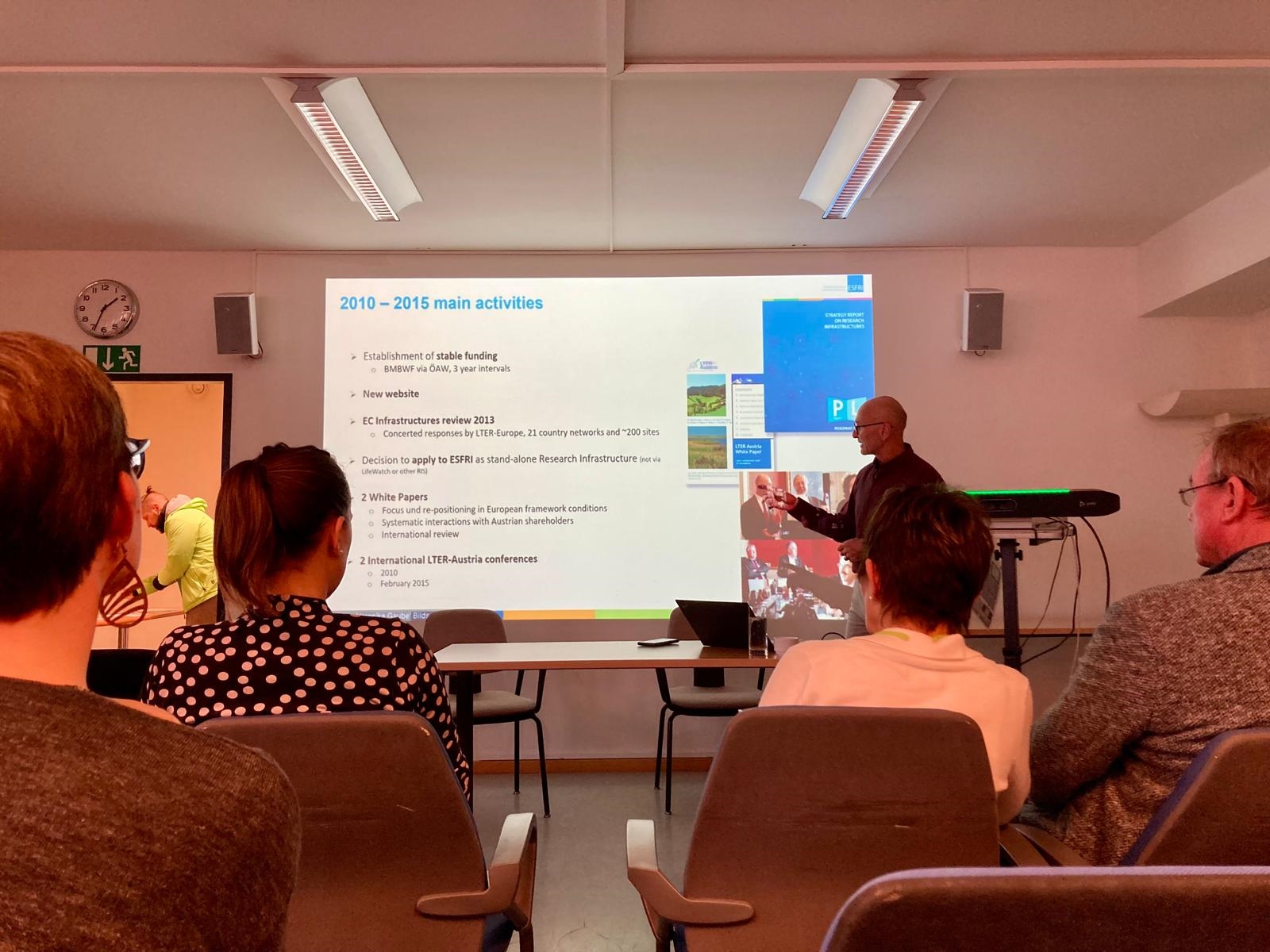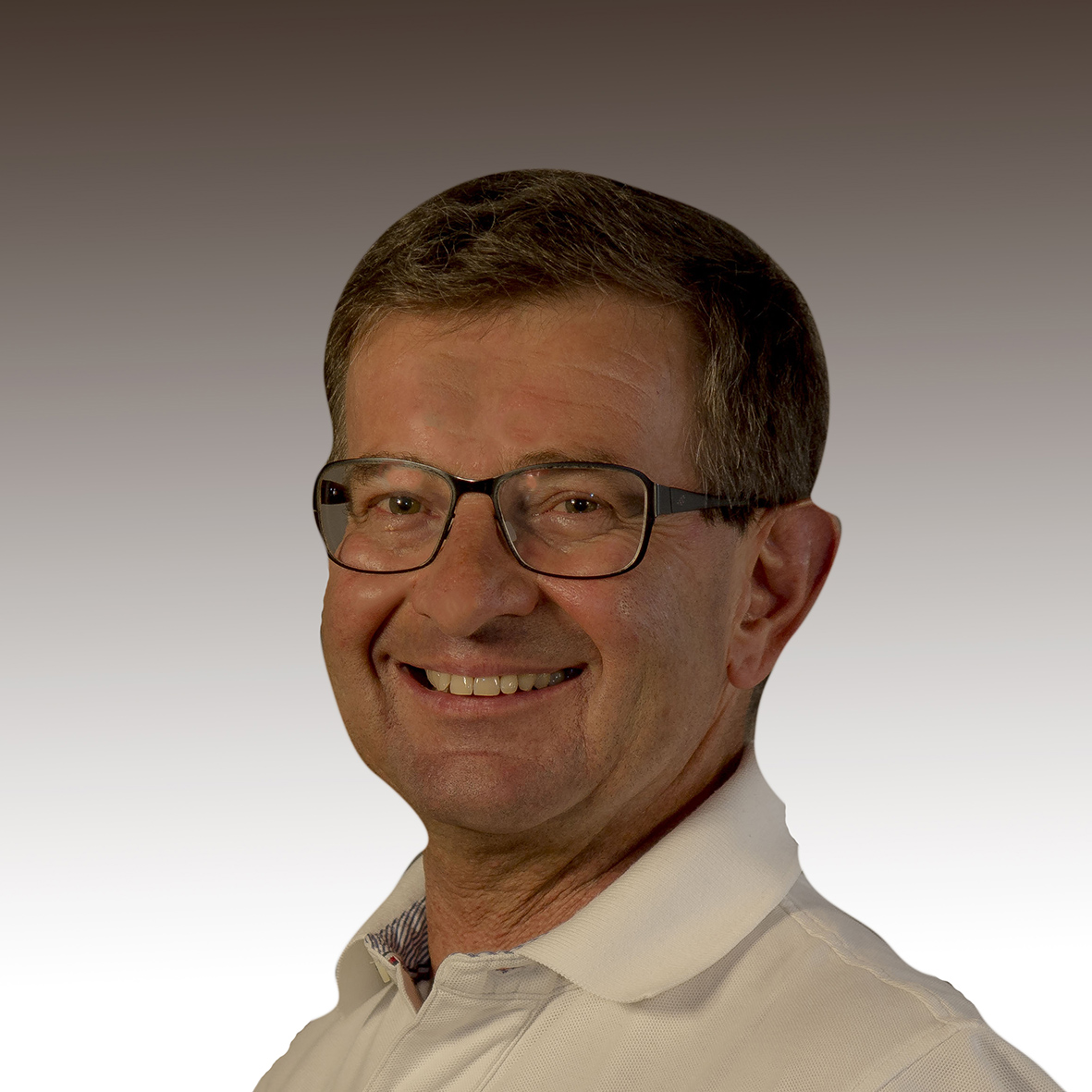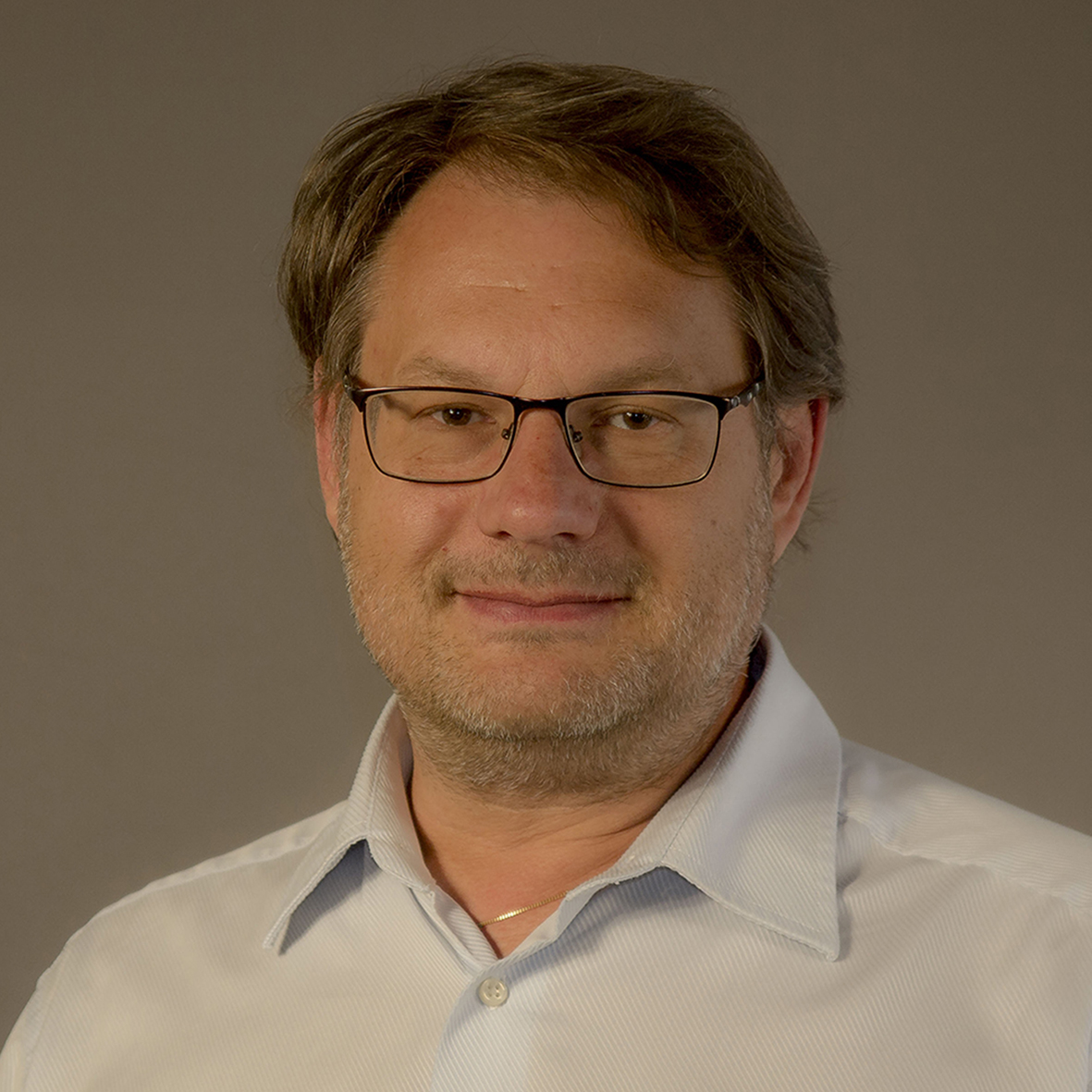ecological research – LTER – makes a significant contribution to better understanding ecosystems. Scientists all over the world are working to gain new knowledge about the structure and functions of ecosystems but also about their long-term reactions to environmental influences and so-called social and economic “drivers”. LTER provides valuable information for policy makers and practitioners and contributes to the development of management options in response to the challenges of global change. The Federal Ministry of Education, Science and Research and the Austrian Academy of Sciences (ÖAW) are supporting the important work of the LTER community by once again providing a budget for research work and network infrastructure for the next three years.
Austria in long-term ecological research, © LTER-Austria
The HBLFA Raumberg-Gumpenstein is a founding member of the Austrian Society for Long-Term Ecological Research (LTER-Austria) and makes an important contribution to research in managed grassland with its long-term experiments. To this end, it operates a GeoSphereAustria measuring station in Gumpenstein and has been collecting phenological data at the site for many decades. Many projects have already been implemented using the Community platform.
The research fields of LTER-Austria include:
-
Process-oriented ecosystem research
-
Biodiversity and conservation research
-
Long-term social-ecological research (LTSER)






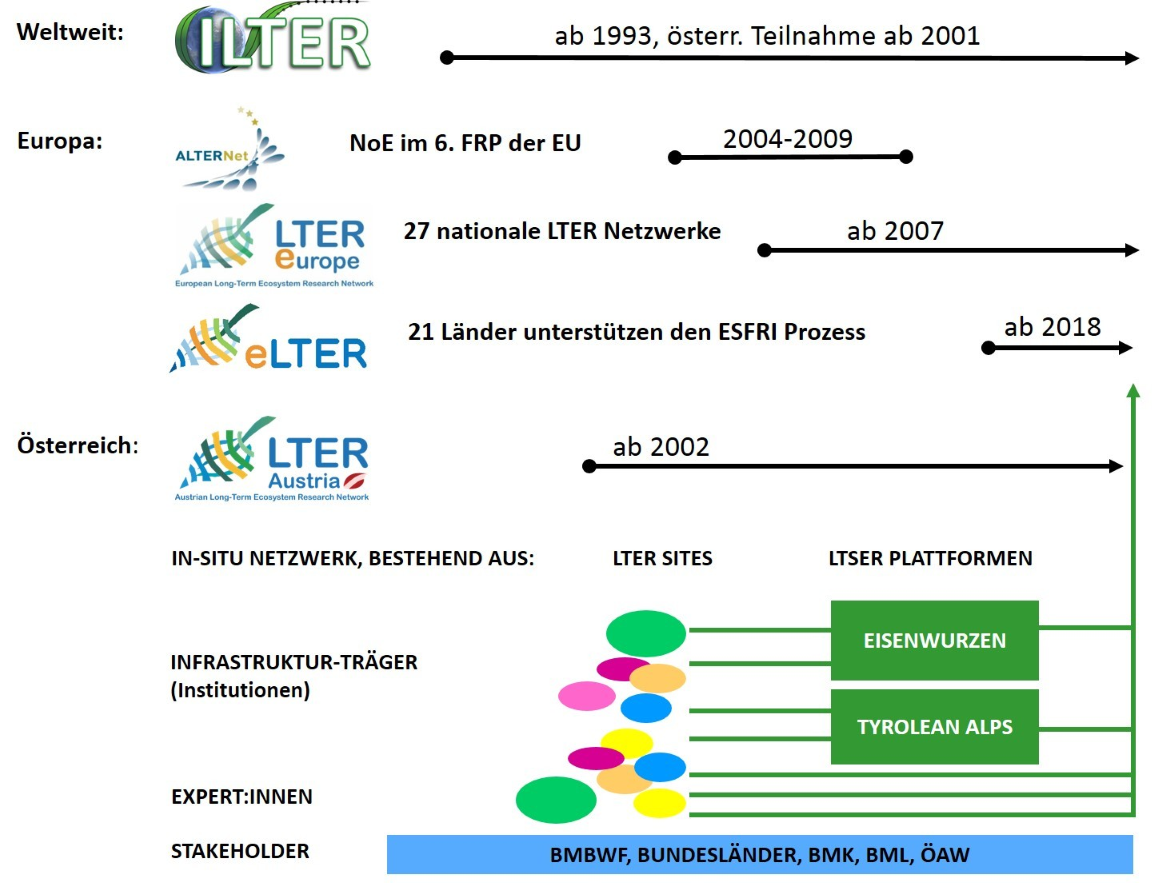
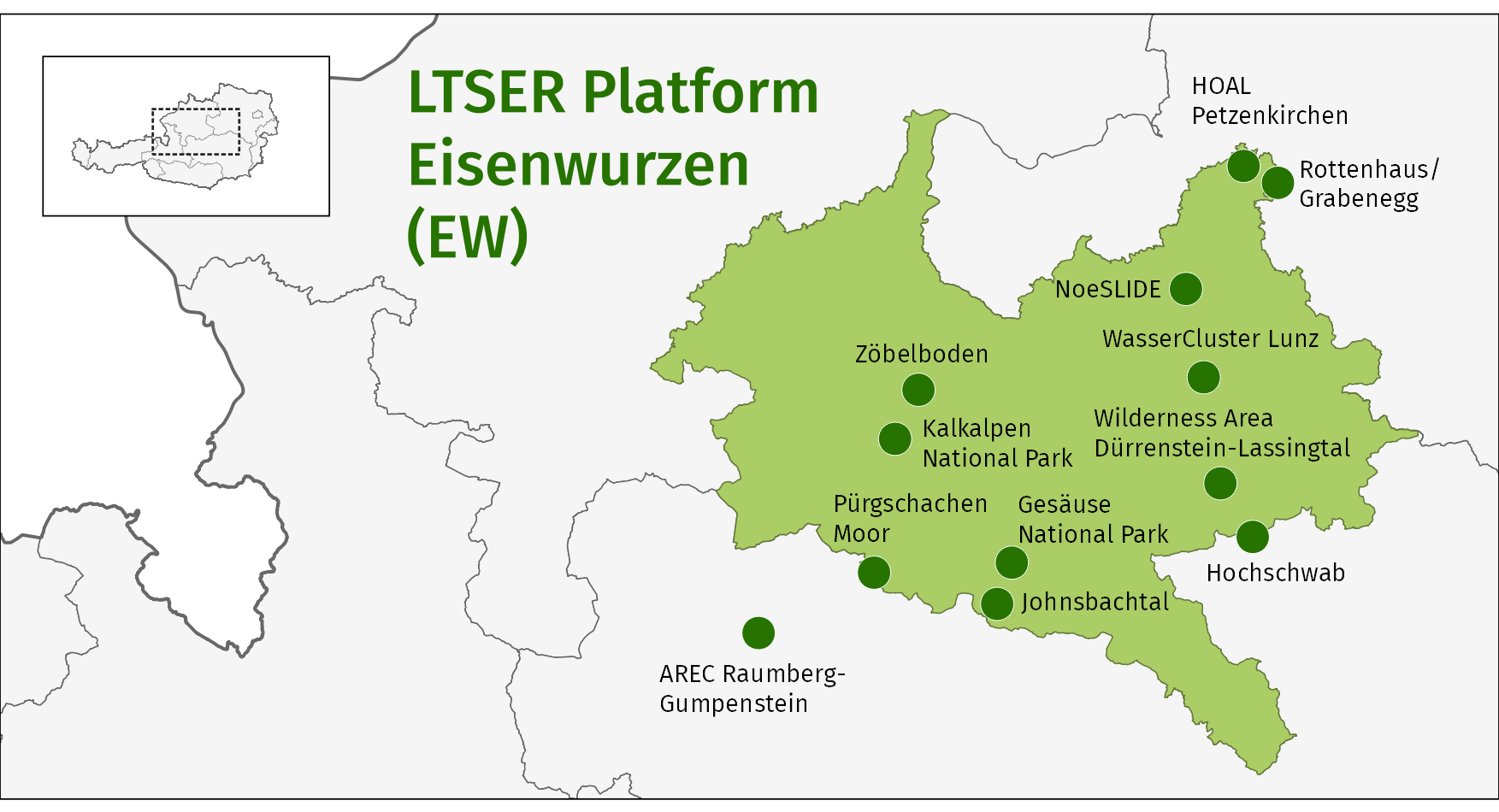 LTSER Platform Eisenwurzen (EW), ©
LTSER Platform Eisenwurzen (EW), © 